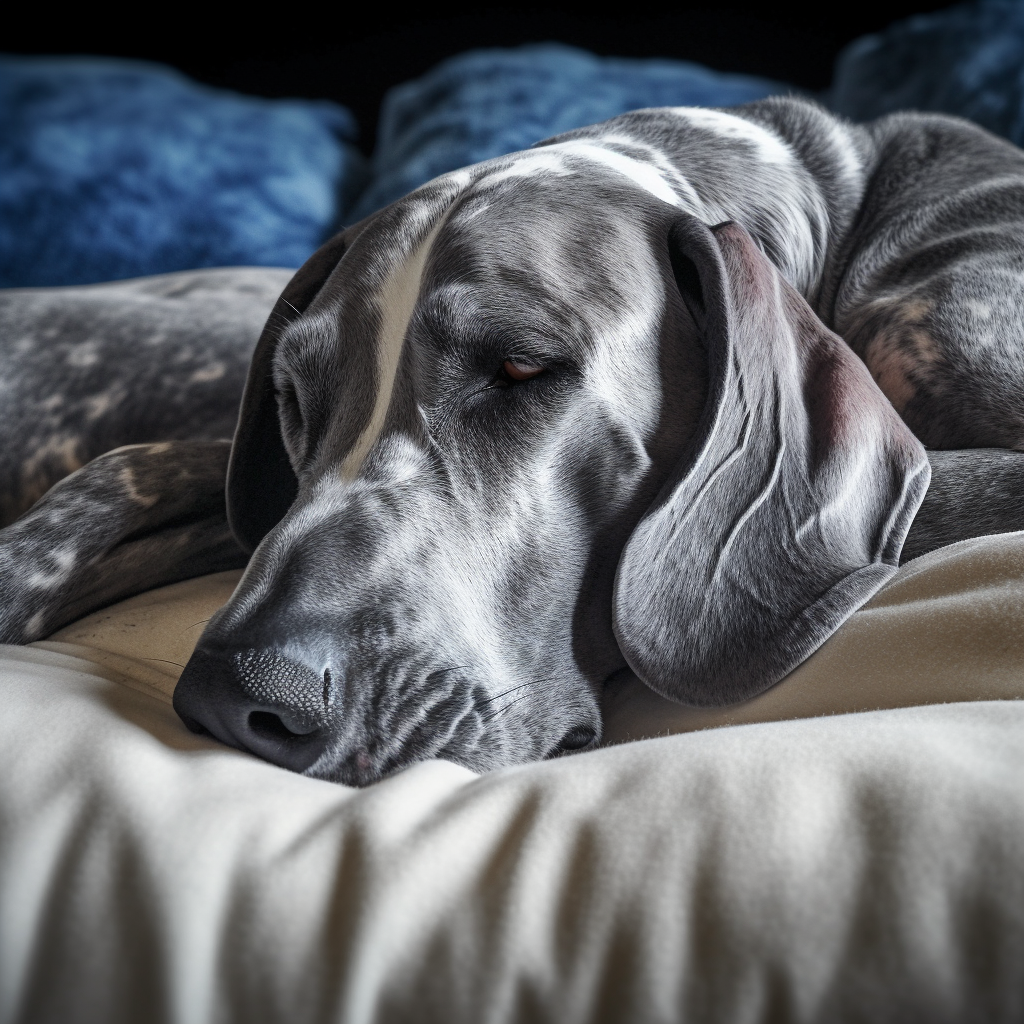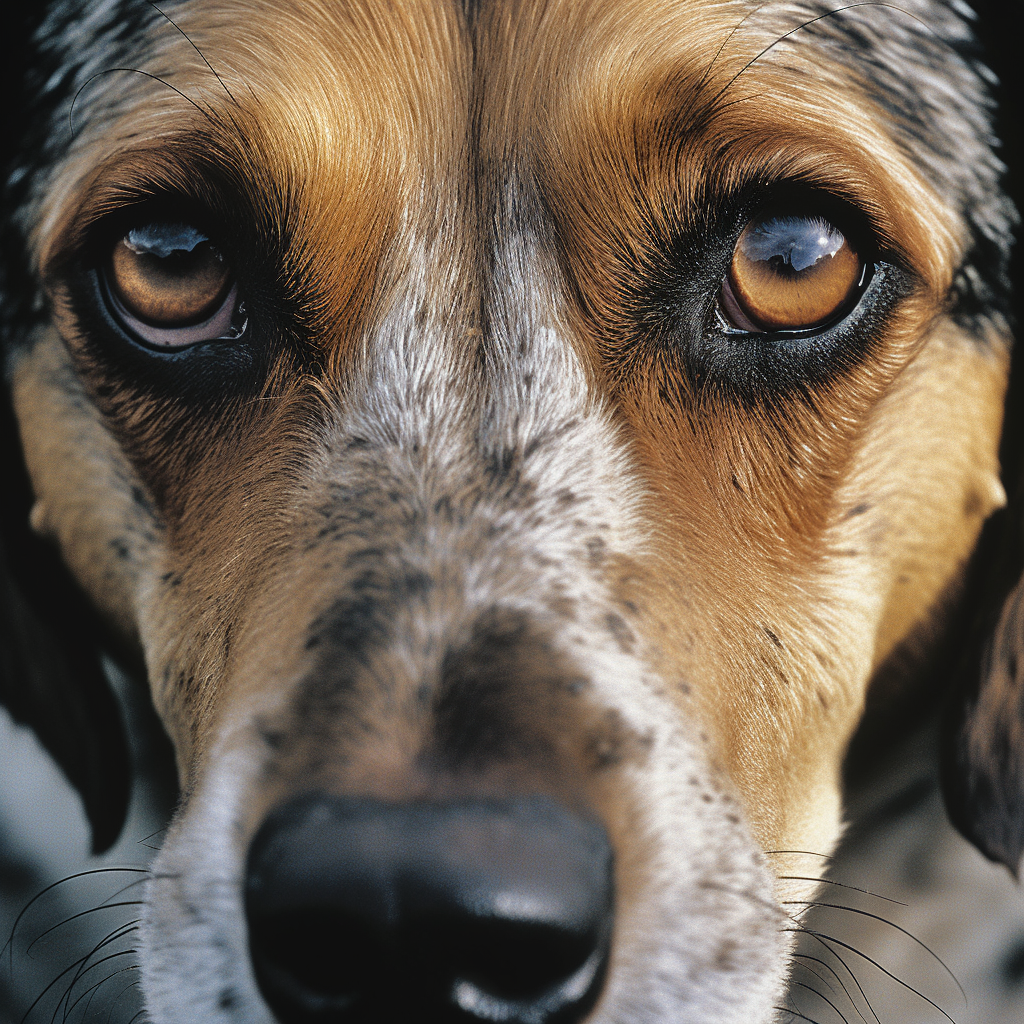Dog Whining at Night: A Guide for Sleep Deprived Pet Parents

Introduction
Having a dog as a pet is undoubtedly a joyous experience. They bring companionship, loyalty, and unconditional love into our lives. However, when our pets, especially newly rescued or adopted puppies, start whining at night, it can quickly become a source of frustration and sleep deprivation. As responsible pet parents, it is essential to understand the reasons behind this behavior and find ways to address it.
Why is my dog whimpering during sleep?
Dogs are known for their vocalizations, and sometimes they may exhibit whining behavior during sleep. But why does this happen? Let's explore some possible reasons behind your dog's nighttime whining.
- Dreams and Nightmares
Just like humans, dogs can experience dreams and nightmares during their sleep. When your dog whines during sleep, it could be a result of an intense dream or a distressing nightmare. They may be reacting to the events unfolding in their dream world, which can manifest as whimpers or whines.
- Physical Discomfort
Whining during sleep can also be a sign that your dog is experiencing physical discomfort. It could indicate pain or discomfort caused by an underlying health condition, such as arthritis or digestive issues. If you notice consistent whining during sleep, it's crucial to consult with a veterinarian to rule out any potential medical problems.
- Anxiety or Stress
Just like humans, dogs can experience anxiety and stress, and it may manifest during sleep. If your dog whines at night, it could be a sign of separation anxiety, fear, or general unease. Dogs are highly sensitive creatures, and changes in their environment or routine can trigger anxiety. Identifying and addressing the root cause of their anxiety can help alleviate their nighttime whining.
Tips for Dealing with Dog Whining at Night
Now that we've explored some possible reasons behind your dog's nighttime whining, let's delve into practical tips that can help you and your companion get a good night's sleep.
- Establish a Bedtime Routine
Creating a consistent bedtime routine can work wonders for your dog's sleep patterns. Dogs thrive on predictability and structure, so establish a routine that includes activities like a walk, playtime, and a designated bedtime. By following this routine consistently, you can help your dog wind down and associate specific cues with sleep time.
- Provide a Comfortable Sleeping Environment
Just like humans, dogs appreciate a cozy and comfortable sleeping environment. Ensure that your dog's bed is soft, supportive, and appropriately sized for their breed. Consider using blankets or bedding that provide warmth and security. Creating a comfortable sleeping space can promote relaxation and minimize any potential physical discomfort that may contribute to whining.
- Address Underlying Anxiety or Stress
If your dog's nighttime whining is triggered by anxiety or stress, it's crucial to address the underlying issue. Consult with a professional dog trainer or animal behaviorist who can help you understand your dog's anxiety triggers and develop appropriate strategies for managing and reducing their stress levels. In some cases, your veterinarian may recommend medication or natural remedies to alleviate anxiety symptoms.
- Tire Out Your Dog During the Day
A tired dog is often a content and sleepy dog. Make sure your dog gets ample exercise and mental stimulation during the day to expend their energy. Engaging in activities such as walks, playtime, or puzzle toys can help tire them out and promote better sleep at night. Not only does an active dog sleep better, but they are better socialized and more trainable without all that extra energy.
- Avoid Reinforcing the Whining Behavior
While it's important to be empathetic towards your dog's whining, it's equally essential not to reinforce the behavior unintentionally. Avoid giving in to their demands or providing excessive attention when they whine at night. Responding to their whining may inadvertently reinforce the behavior, making it more challenging to break the cycle. Instead, wait for a moment of silence or calmness before offering any attention or rewards.
- Create a Calming Environment
Create a soothing and calm environment in your home to help your dog relax and feel secure at night. Dim the lights, play soft music, or use white noise machines to drown out any external noises that may be causing distress. Additionally, consider using calming aids such as pheromone diffusers or calming sprays, which can help alleviate anxiety and promote better sleep.
- Consult with a Professional
If your dog's nighttime whining persists despite your efforts, it's advisable to seek professional guidance. A veterinarian or an animal behaviorist can assess your dog's specific situation and provide tailored advice to address the issue. They can help identify any underlying medical conditions, behavior patterns, or training techniques that may be contributing to the whining behavior.
FAQs (Frequently Asked Questions)
- Why does my dog only whine at night?
Dogs may whine at night for various reasons, including dreams or nightmares, physical discomfort, or anxiety. Nighttime can be particularly challenging for dogs as the lack of distractions and increased stillness can amplify their feelings of discomfort or stress.
- Should I ignore my dog's whining at night?
While it's essential not to reinforce the whining behavior, it's equally important to ensure your dog's needs are met. Ignoring their whining completely may not be the best approach. Instead, wait for a moment of calmness or silence before offering attention or addressing their needs. This reinforces the idea that quiet behavior is more likely to be rewarded.
- Can I use medication to stop my dog from whining at night?
Medication should only be considered after making sure they are getting proper exercise, have plenty of quiet space for sleep, and are fed a proper nose-to-tail diet. In some cases, medication may be prescribed to manage underlying anxiety or stress that contributes to the whining behavior. However, it should be used as part of a comprehensive approach that includes behavior modification and environmental management.
Conclusion
Dealing with a dog that whines at night can be exhausting and disruptive to both you and your pet's sleep routine. By understanding the potential reasons behind their whining and implementing practical strategies, you can help address the issue effectively. Remember to establish a consistent bedtime routine, provide a comfortable sleeping environment, address underlying anxiety or stress, and seek professional guidance when necessary. With patience, understanding, and a proactive approach, you can help your furry friend find peace and quiet during those precious nighttime hours.
So, the next time you find yourself wondering, "Why is my dog whining at night?" remember that there are solutions available to help you and your pet get the restful sleep you both deserve.
References:
[VCA Hospitals - Why Does My Dog Whine at Night?](https://vcahospitals.com/know-your-pet/why-does-my-dog-whine


Comments